Guyana is a beautiful country that is home to some of the most diverse and fascinating wildlife on Earth. Production company REEL Guyana has produced a six-part documentary series called INSIDE Reel that focuses on the wildlife and environment of the Rupununi area.
Hammy and Alex worked together on the documentary series together, with Hammy providing audio production services through Split An Atom as a sound editor, dialog editor and re-recording mixer, alongside Mary Ann Mahoney and Stuart Routledge who acted as his assistant re-recording mixers.
With Monday’s premiere of INSIDE Reel, Hammy sat down to talk to Alex Arjoon from REEL Guyana.
Hammy Havoc: Hello!
Alex Arjoon: Hi! How’s it going?
HH: Pretty good, how about you?
AA: Not too bad, just here having a coffee.
HH: Before we get into the interview, is there anything you wanted to talk about in terms of the overall production?
AA: Man, honestly, I just wanted to tell you how amazingly everything came together, especially with the mastered audio. I’ve actually been watching the series, the whole thing, in one go. I did it again last night, and I’m just in awe of how clean the sound is and how much of a difference it makes. It just takes the whole value to another level, at least double, probably even more.
HH: Wow, that means a lot to me. Thank you!
AA: Yeah, man, I’m really appreciative of the work you put in and I think it’s going to make a huge difference. What do you think?
HH: I honestly loved it; I think it was the most fun thing I’ve ever worked on.
AA: And it is fun, right? It’s spontaneous, relevant. That’s the point, so people can just watch it and have a good time, and learn a few things, even question a few things.
HH: Let’s get into it! If you’d like to introduce yourself and your company to our readers.
AA: My name is Alex Arjoon, my company is REEL Guyana. We are basically an environmental film production company, but we don’t necessarily just stick to environmental stuff, we do a lot of cultural stuff, and we also do marketing too. We do a lot of work for NGOs, various industries, education, agriculture, and infrastructure. We focused a lot on public awareness. Things mostly relating to the environment. We’ve worked with WWF, local NGOs here in the country, and we hope to continue this work. We’re actually applying for a project with National Geographic for next year, so hopefully that comes through. So, that’s what we do full-time, we’ve also done work for the Guyana tourism authority, which is our governing body for tourism. That’s how this project happened: I was doing a series for local tourism. Essentially, I invested my own money to take an extended trip to document Guyana for the purpose of marketing REEL Guyana, and that’s how this series came about. It ended up being all this stuff I documented on the trip, plus footage that I’d already recorded.
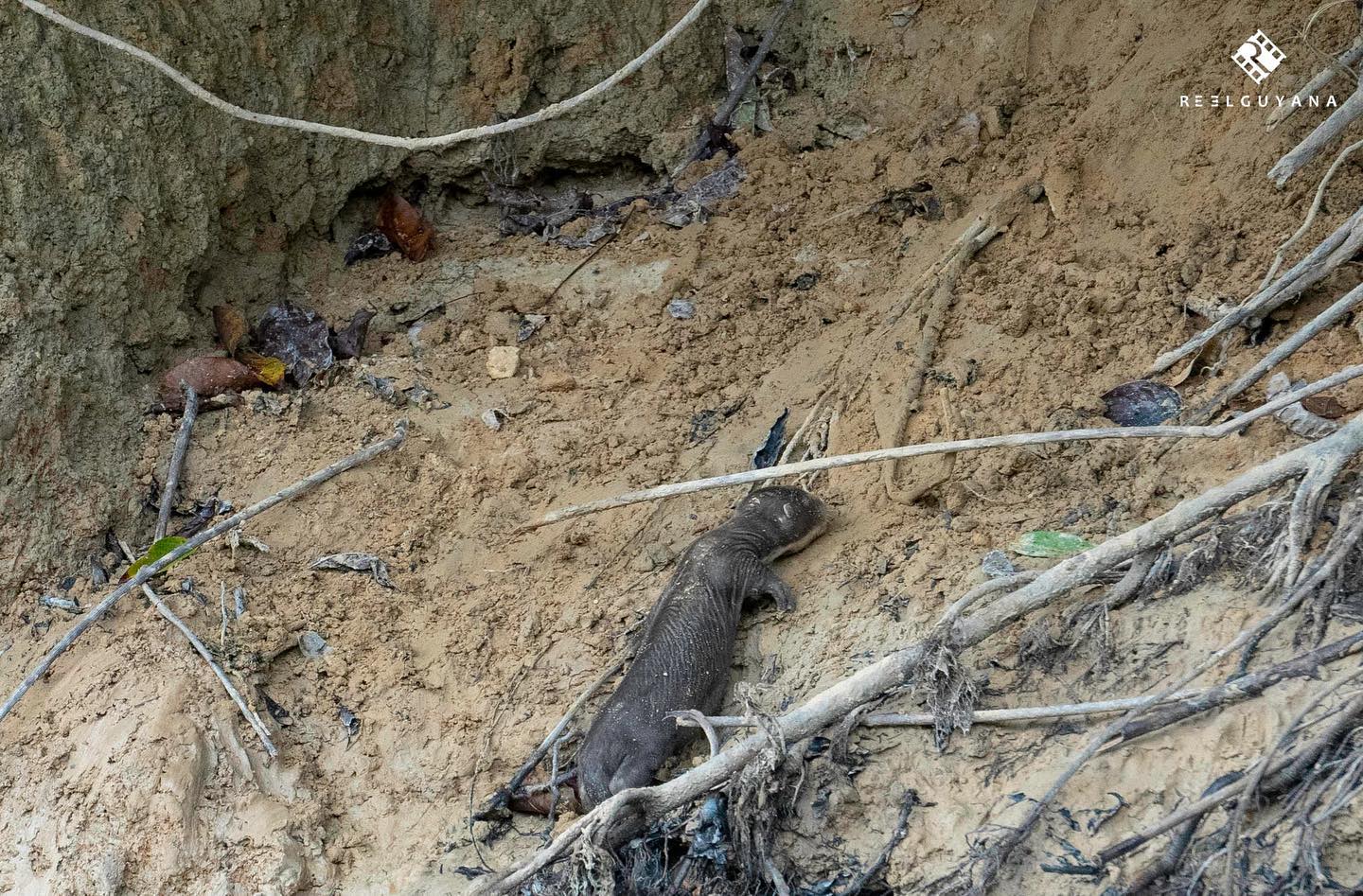
HH: When we first spoke on the phone, we were talking about how Guyana has recently discovered oil off the coast. Do you think that Guyana has changed socioeconomically along with the environment?
AA: Yes, definitely! So far, there’s been a good amount of development, I think the real development is going to happen in the next five to ten years. You haven’t been able to see the impacts just yet. Because we’re so close to a lot of environmental agencies who we connect with, we see a lot of things coming together that are very telling of big corporations coming to do business here. I think the tricky part is how we manage those relationships, where we put laws in place to make them respect the environment. Right now, they’re doing their preliminary work with setting up and whatnot, but they also have a responsibility to have local Guyanese involved so that these things don’t happen, so that they aren’t monitored. I’m not sure where they are with that but so far, there hasn’t been any major environmental changes, but it’s definitely going to happen based on the infrastructure that’s being built and all of the investments that’s going to be made with regards to extraction of natural resources.
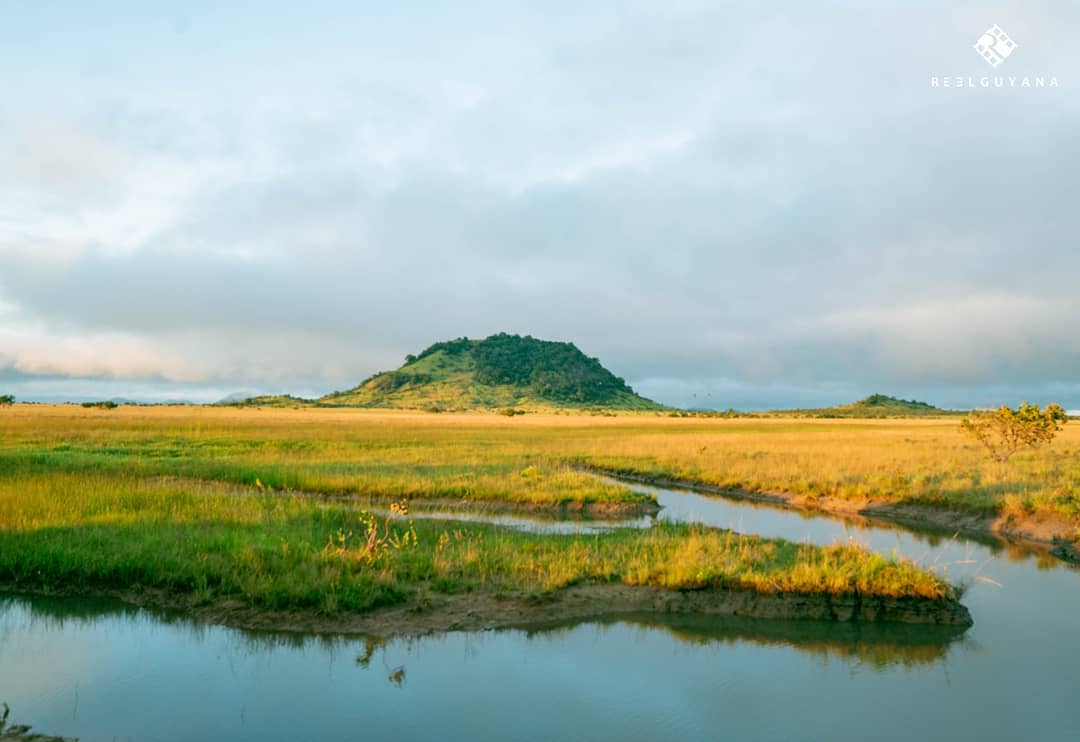
HH: So, do you feel that Guyanese people living in large cities like Georgetown sometimes don’t appreciate or understand the natural beauty and what it has to offer?
AA: 100%. Over 80% of Guyanese haven’t left Georgetown!
HH: Wow!
AA: Yeah, Georgetown is less than 10% of Guyana’s landmass, so that in itself should tell you how disconnected people are from the hinterland.
HH: That’s amazing, considering it’s the complete opposite here in the UK.
AA: Imagine if you never left your town! A lot wonder why they should care about the environment.
HH: Why do you think people don’t leave?
AA: It’s super-expensive. It’s so expensive to go travelling. The trip I took is a lot more expensive than flying, leaving the country, and going to Trinidad for a vacation, or going to Barbados. It’s a nightmare to plan a trip with adventure without totally breaking the bank for the average Guyanese, and I totally get that. Also, you have to look at things like this: Guyanese don’t traditionally leave Georgetown, and as a result they’re more inclined to stay where they are unless they’re an avid nature lover, in which you’ll have had to have left Georgetown. From a tourist or vacation perspective: Why wouldn’t you want to go experience another city or have a luxurious vacation? Why would you want to go and trek it in an undiscovered place? You know what I mean?
HH: Yeah, I guess, when you put it like that. It’s quite different seeing it from the perspective of someone who doesn’t have all that on their doorstep. To me it’s quite appealing, but I guess if you live there, it’s easy to take all that gorgeous terrain and wildlife for granted.
AA: It’s only because they literally have no clue. They just don’t know anything that’s happening. That’s why this series really aims to open up a lot of Guyana and what we have. INSIDE Reel isn’t on all of Guyana’s land area, it’s just on an area called the Rupununi. Huge, but it’s just at the bottom of Guyana, so there’s so much more to see and do. It’s crazy.
HH: So, what do you think your favourite experience of the trip was?
AA: Just being able to… Everything. It’s hard! Not just on this trip, but even on other ones I’ve had before this one to the Rewa Eco-Lodge, I’m always like, “Wow, this is mind-blowing. It can’t get any better than this.”
[Laughing]AA: And it just somehow does the next time I go!
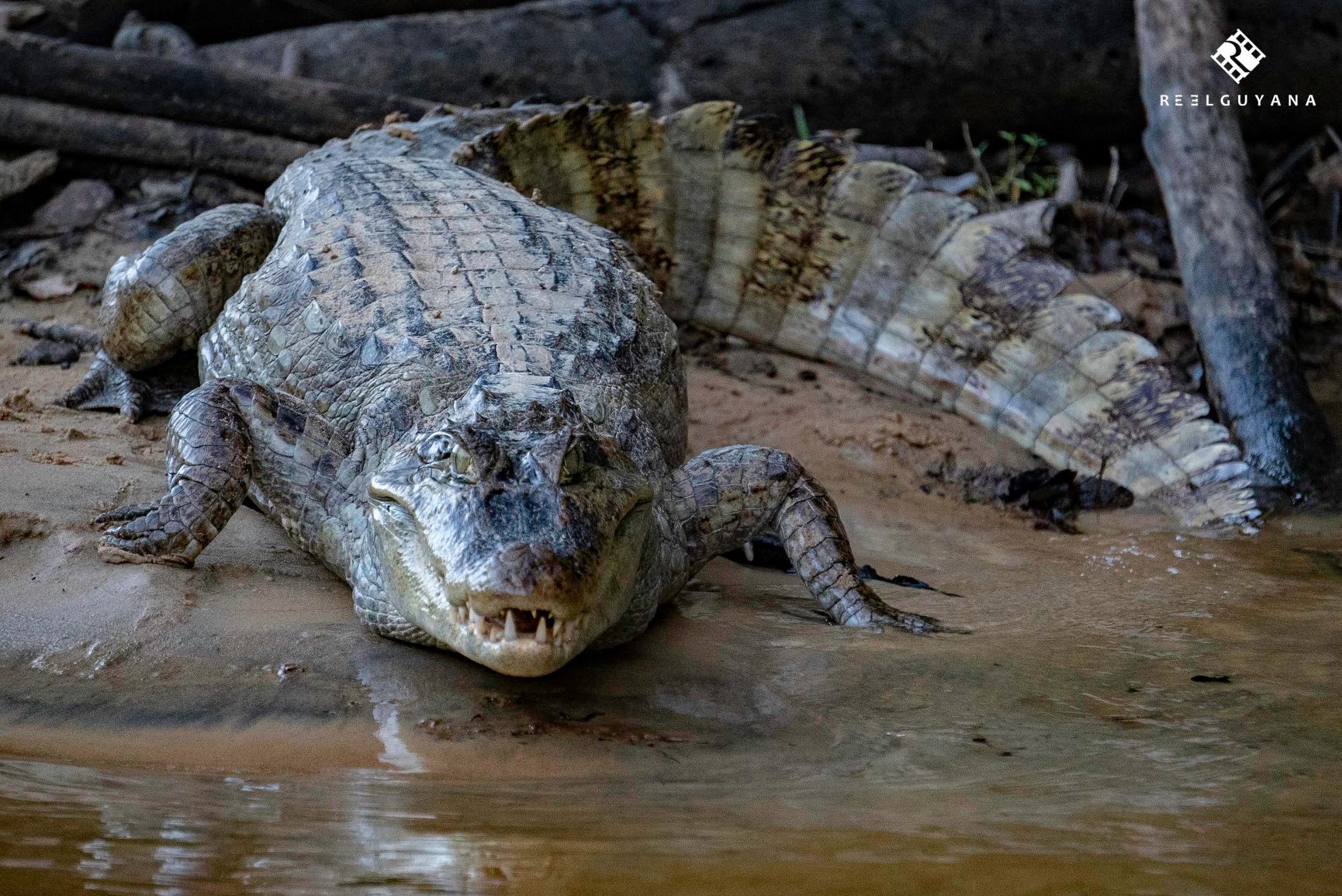
HH: For me, I think catching and tagging the caiman was my favourite bit of the trip. That was really crazy!
AA: Yeah, that was nuts! That was a pretty crazy experience because it’s so undiscovered there. So untouched. There’s a very limited number of people that go into the area, so you know, phenomenon like that are so easily occurring, the fact that caimans are so comfortable being around humans and knowing that they’ll be thrown a bone.
[Laughter]HH: Did you ever get scared? Dealing with that at night must have been pretty intimidating.
AA: I mean, you always have reservations about being in that territory. But, for me, you sort of have to put yourself in a mental zone when you’re shooting because you want to see everything, so I’m always resecting my environment. You have to have faith. Most animals are scared of you, you know?
HH: Yeah!
AA: Not to say that caimans wouldn’t come and take a bite out of you—that happens quite a bit. You have to put yourself in the best positions and minimize that risk. It’s totally a possibility, but it’s unlikely if you’re prepared.
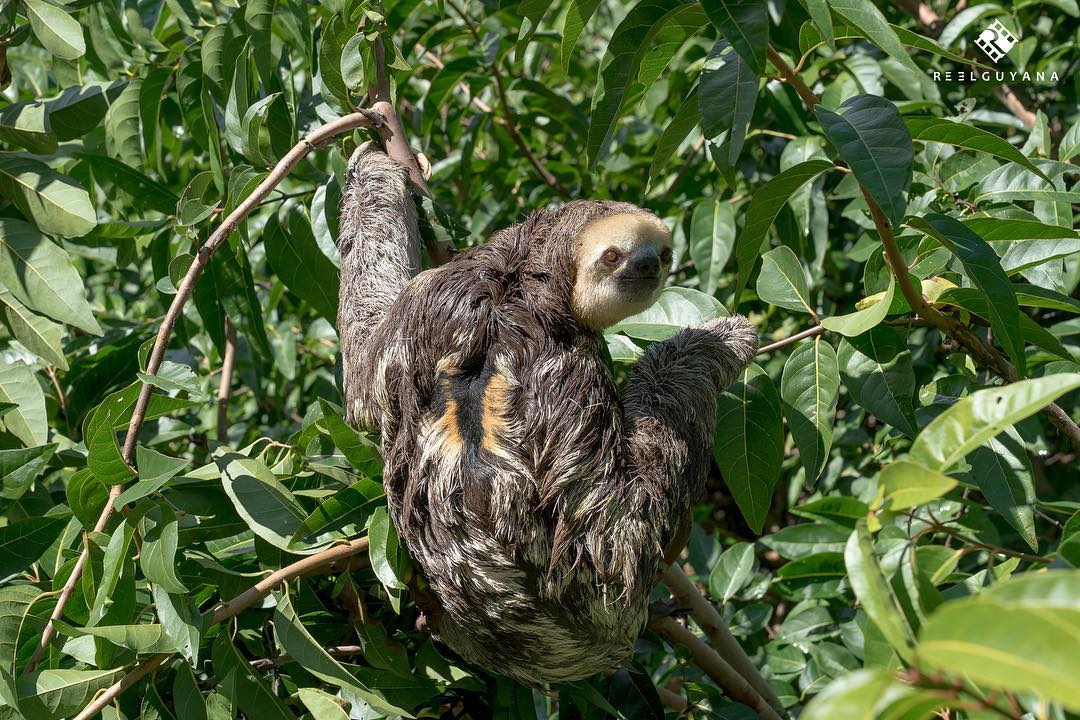
HH: Would you say that you’ve encountered any difficulties in filming wildlife?
AA: It’s a total luck of the draw. You can be there one day and see everything, you can be there the next day and see absolutely nothing. This trip in particular, I was super lucky to see all the things we did see.
HH: You saw all sorts, I was surprised!
AA: As it was happening, I built the story in my head and just went from there. The hardest part is just going out there and doing all the work. It’s super tiring; sometimes you can travel all the way and have nothing to show for it.
HH: So that was all in one week?
AA: Yeah, everything except a few things. Like, for example, when the cars are going across the river, that wasn’t that trip, the jaguar wasn’t that trip.
HH: That’s surprising, I thought it worked quite well, I’d never have guessed.
AA: Yeah it did, right? Dude it was perfect. You know how that happened? When Charlie and I went to film the caiman tagging, we met a guy, actually my ex-girlfriend’s brother who lives in the area and helps out with all the tourists. He had that jaguar footage, and I was like, “Dude, you have to give us that footage. We’ll make something amazing from it,” and he was like, “Yeah, sure,” and we just ran with it. It was the perfect ending.
HH: Yeah it is, it’s an amazing finale. So how did you attract Dave Martins to the project?
AA: He’s my step-dad.
HH: Really? That’s so unexpected.
[Laughing]AA: I’m pretty artistic also. My mom used to be a photographer, and does painting, and saw him. Always had creative inclinations. One of his songs is actually in episode six.
HH: Yeah, about cricket. I loved it! I thought the lyrics were really clever. But would you say that everybody you’ve approached about the project has been supportive?
AA: Financially?
HH: In any way. Are they interested? Do they love the idea?
AA: Surprisingly, in a country like Guyana, it’s super hard to get that support. I will say that, actually, so far, people have been very, very supportive. I think a lot of that is due to the fact that we were strategic with our promotions. The marketing we’ve done so far. Dude, I’ve literally talked to every press house in the country, I’ve totally prostituted myself, for lack of a better word.
[Laughter]AA: To just sort of get the word out. I have one more interview after this. I’ve never done something on this scale before. It’s really weary to keep saying the same things, but you have to keep the message constant. You really want the viewership. It doesn’t make sense to produce a documentary, do all the work, and only have a few people see it.
HH: How long do you think the overall process has taken from development to distribution?
AA: Four months.
HH: Not too bad.
AA: It’s not, but it’s four months of total investment—four months of me not doing anything else. It’s a risk so far as I’m still building my company, so I had to take that time off from building my company to wholly focus on this production. I didn’t think it would be well-received as an idea, but we’ve already gotten every episode sponsored! So, we’re really happy about that.
HH: Who’s sponsoring?
AA: We have a few local companies, and a few foreign companies.
HH: That’s amazing.
AA: The first episode is a guy named Mohamed, Mohamed’s Enterprise, who is a gold dealer. Guyana is pretty big on gold. We have Republic Bank, that’s a Trinidadian bank that’s here. We have an outboard engine business that sells Yamaha boat engines, which is appropriate because it’s outdoors, and a few others that we haven’t signed yet, but they’re in the process of being signed.
HH: Nice! Are you going to be releasing one episode a week?
AA: Yeah, one episode a week, every Monday.
HH: Where can people see that?
AA: As of Monday, globally, REEL Guyana’s Facebook Page and YouTube channel, and in Guyana, aired weekly on local television.
HH: So, after this, what’s next?
AA: If there’s another opportunity that works out, I’ll definitely do it. It could also be me continuing to do my work and accumulating material along the way, that’s also another possibility. What I’m actually focused on right now is I want to take a little break from the environmental stuff and do some short films. I think there’s tons of stories to tell in Guyana—micro stories.
HH: Yeah?
AA: Livelihoods and different sorts of stuff like sub-cultures. I think those are huge opportunities to get people involved—actors, producers, writers.
HH: Particularly interesting for licensing to TV networks to fill gaps in their schedule for shows that run short.
AA: Exactly. You know what’s most inspiring to me about doing a short film? You get to have a controlled environment, which is something I’m not accustomed to having.
[Laughter]HH: Luck of the draw!
AA: Yeah, just luck of the draw. It’s a total run-and-gun. Even if you see the most amazing thing, it can be gone in two seconds. The good thing about short films is that you get more people on-board, it’s more controlled. Apart from that, you also get to dictate lighting, and in post, you have greater control over the mood, and there’s so many more tools like sound effects and stuff like that I’d like to use to get that process done. I’m really excited to do something like that and have it mixed and mastered. I feel like it would just be an opportunity to level-up in terms of production value. I’m actually going away for my sister’s graduation, and I plan to buy some new equipment, definitely getting some new sound recording equipment.
HH: Get that field recorder I recommended!
AA: I love Zoom! I think the way forward, the next thing for me, is more short film. I think that’d be exciting to work on.
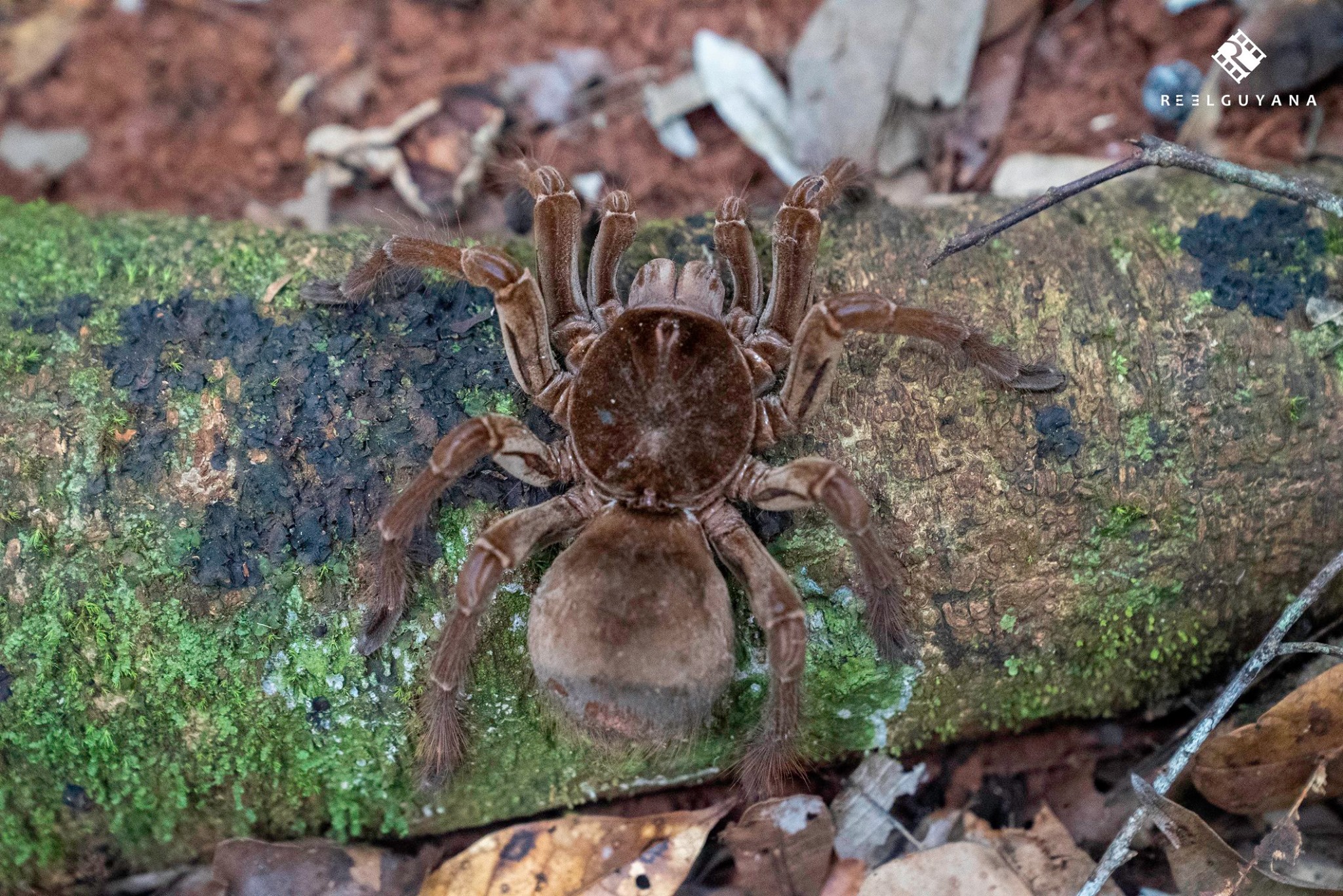
HH: What’s copyright law like in Guyana?
AA: Our copyright laws are garbage. In the creative industry, it’s totally on the ground, nobody really respects it, so people always expect free work.
HH: Really?
AA: Oh dude, you have no idea. So, people like me really struggle unless they have the networks who not only have integrity, but believe in the product, so that’s a big deal to anybody doing content in a country like Guyana. A lot of places who would potentially license the series would be worried about finding that footage elsewhere. That’s what people do here. Actually, I’ve seen my footage online in other videos with people using it to make their own content. I’ve seen my footage in government produced videos for the awareness.
HH: And they don’t even credit you?
AA: If the government uses my footage and doesn’t credit me, why should they pay me or pay anybody? It’s crazy.
HH: I can’t get over that.
AA: Neither can I, that’s why I try to make a living.
HH: When we first spoke, prior to filmmaking, did you say you were an athlete?
AA: Yeah, used to be a professional squash player.
HH: Wow, so how did you go from squash to filmmaking?
AA: Very carefully!
[Laughter]AA: To be honest, I was working for a year after college at this prestigious country club in Long Island, New York. It was really hoity toity, really not my kinda vibe. To be honest man, I was just not happy. I knew I always wanted to come back to Guyana at some point and do something meaningful, and I was just like, “Yeah, whatever, just let me go back home and I’ll figure it out.”
Was playing squash one day and I saw one of my friends, she’s older than me, she was like, “Oh, I’ve heard, your mum told me you wanted to get into media and do an environmental show or something,”. Because I was toying with that idea, and I was like, “For sure,” and she was like, “Oh, great, I think you have a good personality for it, so come in and let’s have a meeting about it.” Somehow, I ended up with this talk show on a local cable network here, called Roundtown. It was just very low budget, John Oliver vibes. That lasted two seasons. It actually transferred from a table talk to a nature show, travel show type of thing.
HH: That’s cool!
AA: I decided to eventually break off and start my own thing as they weren’t really funding me; I was sort of funding myself.
HH: I mean, at that point you may as well just do it yourself.
AA: Yeah, exactly. It didn’t make sense just being locked down to them. They still show my content anyway. That was, like, two years after, and by then, I had gained enough experience in production to really branch out and start my own thing. It was a real step-by-step process. For me, it was believing that it was possible. You don’t see these things until they actually develop and you see yourself in a position based on the work you’ve actually put in. There’s a lot to say for how you manage doing a creative business like this. Your work has to speak for itself at some point.
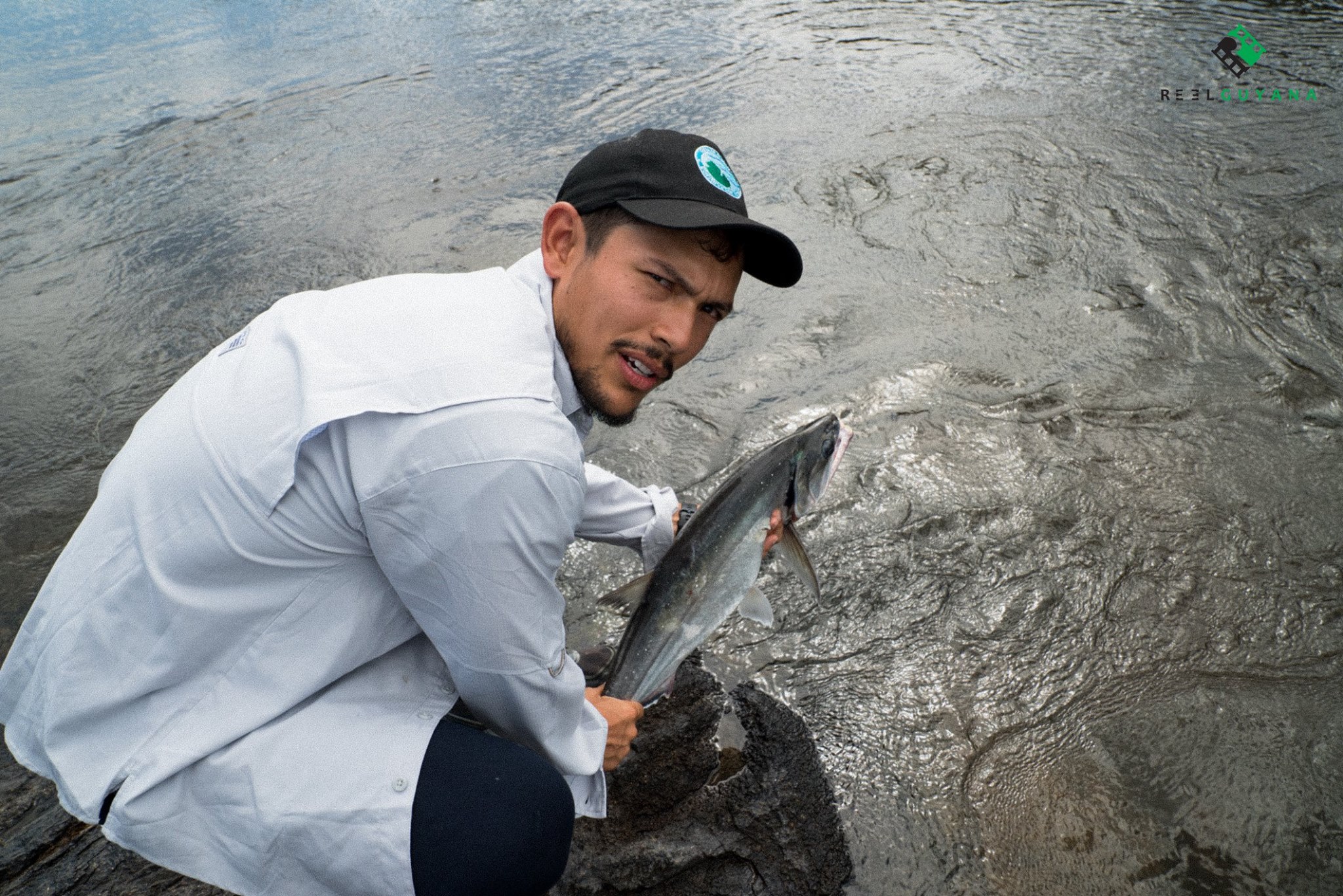
HH: Are there any crew members you’d like to shout out?
AA: For sure. Charlie Tokeley. He’s been instrumental in getting me prepared to go through with this. If it wasn’t for Charlie, I think I would have been very lost with this whole thing. Charlie definitely offered that reassurance that what we were doing was the right thing to do. He was definitely there to buffer decisions that I needed somebody’s opinion on, because Charlie’s intentions are very good. Charlie and I have been working together prior to this whole thing. Our chemistry is off the charts in terms of our creative ideas and what we want to do with film. Not only did he act as an advisor and co-producer, he was also our writer. He would just take all my ideas and write a script for it, and then we’d work on the script together. It wouldn’t have been nearly as structured if Charlie wasn’t onboard. We sort of split roles; he’s a better writer, and I would try to be involved in his processes as a more experienced editor and producer, and he would be learning from me. It was a total give and take. Because we’re both so driven, it just made the whole process so easy to do.
HH: Any other crew members you’d like to shout out?
AA: Definitely! Other than you, of course! I would definitely give a shout out to Ian Brierley who was in the film.
HH: Where’s he from?
AA: He’s from… Umm…
HH: His accent is so familiar to me.
AA: What does it sound like to you?
HH: I think, maybe, Manchester?
AA: He actually is from Manchester, but he doesn’t live there. Charlie is from Cornwall. Ian lives in Huddersfield.
HH: So how did Ian get involved?
AA: He’s actually a friend of my mum’s. When my mum used to be a photographer, they took a lot of pictures together. He comes to Guyana on business every year. He just loves to go on adventures. He’s a bit of a grouch sometimes. He’s great on camera though.
I felt, like, because of his personality, it added a lot of flavour to the dialogue within the series. Definitely shout out to him for letting me do this and being supportive of it, and stepping up in the field because that’s not a very easy thing for someone to do, especially someone of his age. He’s, like, nearly sixty.
HH: Really? He doesn’t look it!
AA: He looks good for his age. In all fairness to Ian, I think I did push him quite hard. He held up well.
[Laughter]AA: I’d also like to give a shout out to all the local artists that got involved that contributed from one of our music producers to one of our musicians, who did our music video in preparation for the series. Dave, of course, who we couldn’t have done this without. His voice alone added a certain volume of celebrity that was great for marketing purposes.
HH: He’s got a very soothing and relaxing voice.
AA: He does, he does. That sound was a key element in that storytelling component. We really wanted someone who sounded experienced.
HH: Wise!
AA: He sounded very, like, real Godfather-ish, very experienced. Just the nature of where he was coming from, his tone and delivery just added to the whole production value. You should definitely come to Guyana. Whenever you’re ready, I’ll sort that out. There’s so much to see and do, especially if you love the outdoors.
HH: Absolutely!
AA: Thanks so much for doing this, Hammy, I really appreciate it. All I want is the opportunity to showcase Guyana and continue to do these things. I think because we lack a local capacity, reaching out and working with people like you has just been phenomenal. I’ve met with so many people here, trying to get that quality of work and it just doesn’t happen. I’ll be reaching out in the future to continue working with you now we’ve set this standard. Talk to you soon!
HH: You’re very welcome, pleasure working with you. Talk soon!
You can watch the first weekly episode of INSIDE Reel here:
https://www.youtube.com/watch?v=2hAVxA9pqJs
Image Credits: REEL Guyana


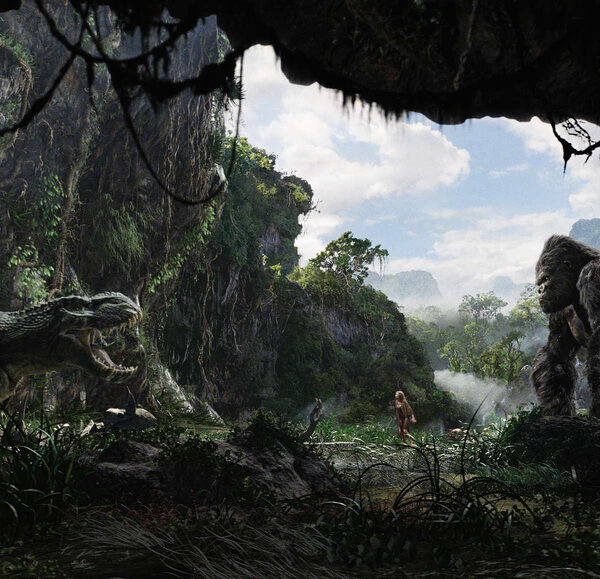
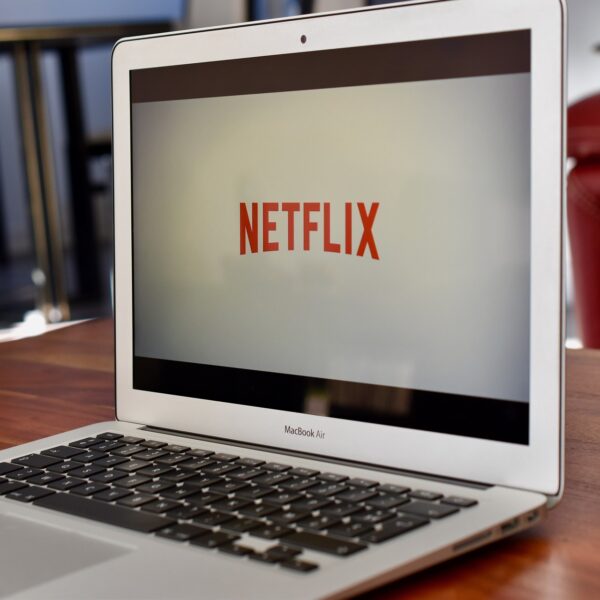
Like this article? Share with your friends!